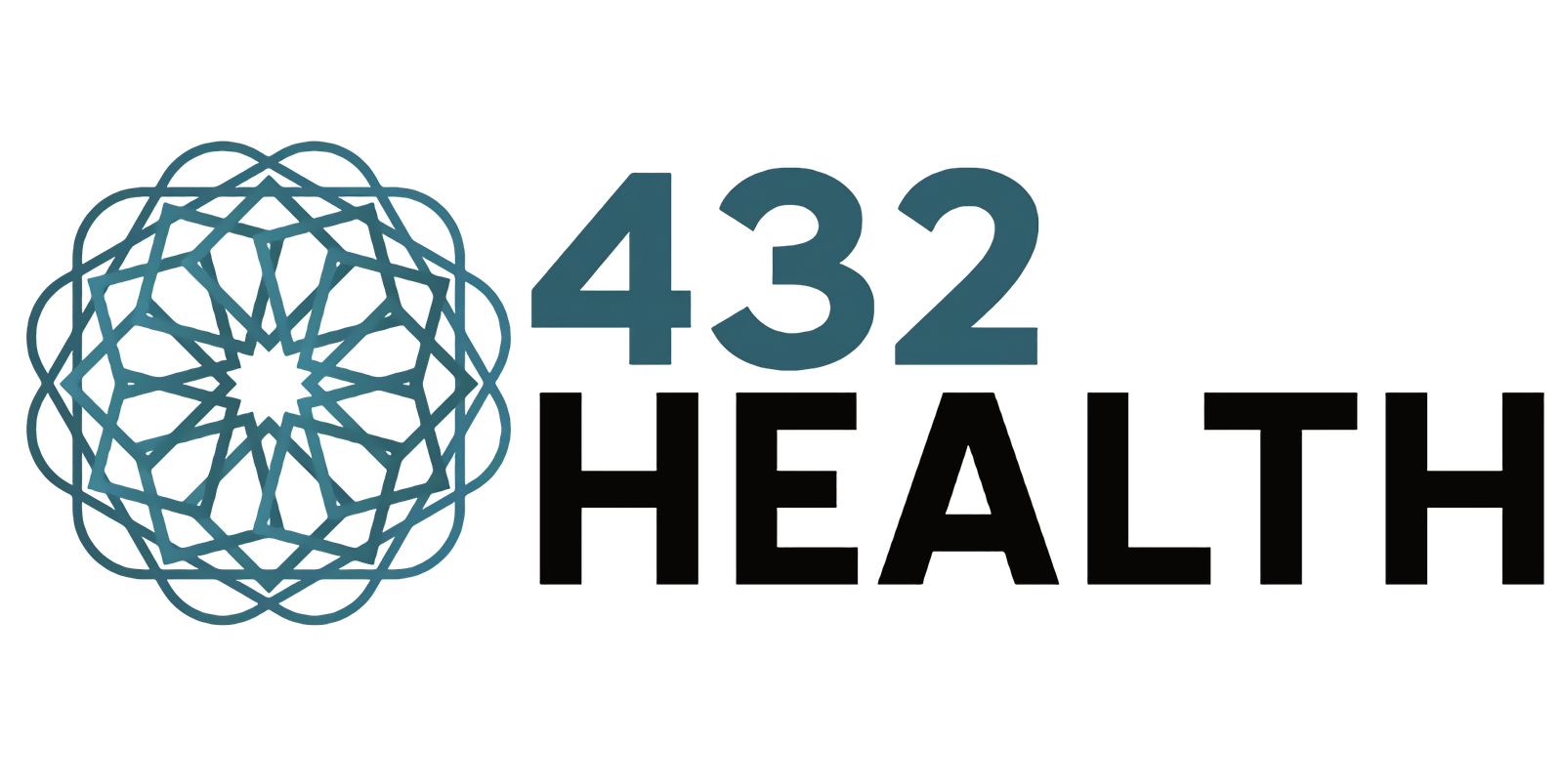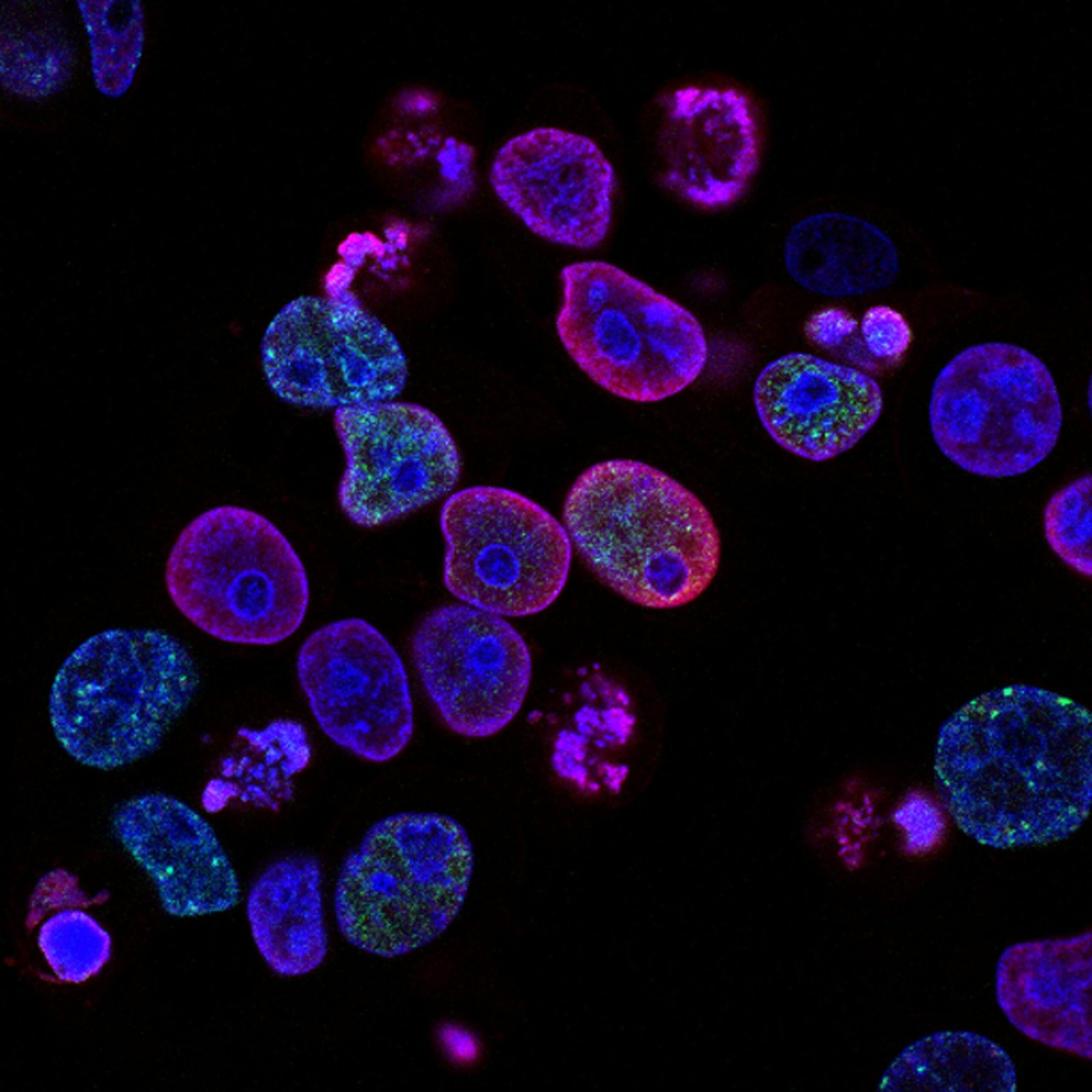We’re still scared of cancer and don’t know how to beat it. If today is an average day, just over 27000 people will die from cancer worldwide. In many ways, we’re losing the fight—and we don’t fully understand why.
So, what do you do when things aren’t going your way? Declare war, of course. That’s exactly what U.S. President Richard Nixon did in 1971 when he signed the National Cancer Act, marking the beginning of an ambitious campaign to improve cancer research, deepen our understanding of cancer biology, and develop more effective treatments, such as targeted drug therapies. The UK had the 1939 Cancer Act and nummerious ‘Cancer Charities’ such as CRUK long before.
The Genetic Approach to Cancer
For decades, scientists have worked tirelessly in the hope of curing cancer. The dominant belief has been that cancer is primarily a genetic disease, following the Somatic Mutation Theory (SMT). According to this theory, cancer arises through a series of mutations in key genes that transform normal cells into cancerous ones.
With this understanding, researchers believed that identifying cancer-causing genes and targeting them with drugs would lead to a cure. This optimism only grew as gene sequencing technology advanced. In 2005, the launch of The Cancer Genome Atlas (TCGA) aimed to catalogue genetic mutations responsible for cancer and develop targeted therapies.
Why Are Results Disappointing?
Despite the billions of dollars poured into research, the results are underwhelming. Of the roughly 700 cancer drugs developed to target specific genes, most extend life by only a few months.
While newer approaches such as gene therapy and immunotherapy offer hope, the overall progress remains slow. This has led some researchers to revisit old theories and explore alternative explanations for cancer’s behavior.
Otto Warburg’s Forgotten Theory
One such alternative comes from the past: the idea that cancer cells have a unique metabolism, favoring sugar as an energy source and struggling without it. This theory was first proposed by Dr. Otto Heinrich Warburg.
Who Was Otto Warburg?
Born on October 8, 1883, Warburg was a German physiologist who hypothesized that cancer cells generate energy predominantly through anaerobic fermentation of glucose—even when oxygen is available. This contrasts with healthy cells, which rely on aerobic respiration in their mitochondria.
According to Warburg, cancer stems from mitochondrial dysfunction:
“Cancer is the replacement of the respiration of oxygen in normal body cells by a fermentation of sugar.”
— Otto H. Warburg
Warburg presented his findings in numerous lectures and experiments, arguing that metabolic dysfunction was the primary cause of cancer, with genetic mutations as secondary effects.
Revisiting Metabolism and Diet
Today, Warburg’s ideas are being revisited. With limited success from genetic research, some scientists are exploring the role of metabolism and diet in cancer treatment.
The Ketogenic Diet
One proposed approach is the ketogenic diet, which drastically reduces carbohydrate intake. By lowering glucose availability, this diet may “starve” cancer cells while encouraging the body to use ketone bodies—a fuel source that cancer cells struggle to metabolize.
Challenges in Research
Despite its promise, research into metabolism and diet faces significant obstacles. Unlike drugs, dietary interventions don’t generate profits, making it difficult to secure funding. Additionally, dietary studies require long-term adherence and large-scale trials, adding to the complexity.
As Warburg himself noted, scientific progress often encounters resistance:
“Science progresses not because scientists change their minds, but rather because scientists attached to erroneous views die, and are replaced.”
A New Arsenal for the War on Cancer
If we’re losing the war on cancer, perhaps it’s time to rethink our strategies. Revisiting metabolic therapies and exploring dietary interventions could provide the new weapons we need.
While these approaches may not replace genetic and immune-based therapies, they could complement them, offering a broader and potentially more effective arsenal against this deadly disease.
What do you think? Could the key to defeating cancer lie in its metabolism rather than its genes? Let us know your thoughts in the comments below!
Natural Supplements and Remedies That May Help in Cancer Care
Cancer treatment often involves a multifaceted approach, combining conventional therapies with natural remedies to support overall health and well-being. While these remedies are not a cure for cancer, many have properties that may help improve immune function, reduce inflammation, and potentially enhance your body’s ability to fight illness. Below are some natural supplements and remedies you may want to consider.
1. Black Seed Oil: A Natural Powerhouse
Black seed oil comes from the seeds of Nigella sativa and is packed with beneficial compounds such as thymoquinone. It’s known for its antioxidant and anti-inflammatory properties. It may help:
- Boost immunity – Black seed oil can help strengthen your immune system, making your body better equipped to fight infections.
- Reduce inflammation – Chronic inflammation is a known risk factor for many diseases, including cancer.
- Improve heart health – Studies have shown that black seed oil may support cardiovascular health by reducing cholesterol levels.
How to Use: Take a teaspoon of organic black seed oil daily or incorporate it into smoothies, juices, or salad dressings.
2. Turmeric and Curcumin: The Golden Spice for Healing
Turmeric, and its active compound curcumin, has powerful anti-inflammatory and antioxidant properties that may help with cancer prevention and support treatment. It may:
- Reduce inflammation – Curcumin is known to inhibit pro-inflammatory molecules, reducing the inflammatory responses that are often present in cancer.
- Slow cancer cell growth – Some studies suggest that curcumin may help slow the growth of cancer cells, particularly in breast, prostate, and colorectal cancers.
- Support joint health – It has anti-inflammatory benefits that can help reduce pain and improve mobility, particularly for those undergoing cancer treatments like chemotherapy that may cause joint discomfort.
How to Use: You can take curcumin supplements (1,000–2,000 mg per day) or enjoy turmeric in your cooking. For better absorption, pair with black pepper or healthy fats like olive oil.
3. Ashwagandha: Stress Less, Heal More
Ashwagandha is an adaptogenic herb that helps the body manage stress. It’s also known for its ability to support overall health. It may help:
- Reduce stress and anxiety – By lowering cortisol levels, it can help your body adapt to physical and emotional stress, which is crucial when battling illness.
- Enhance immune function – Ashwagandha can promote the production of white blood cells, which are essential for fighting infections and diseases.
- Improve sleep and reduce fatigue – Cancer treatments like chemotherapy and radiation can be draining, but ashwagandha may help improve sleep quality and reduce fatigue.
How to Use: Take Ashwagandha capsules (300–500 mg twice a day) or drink it as a tea to help unwind.
4. Herb Robert Tincture: Oxygenate Your Cells
Herb Robert, a variety of wild geranium, has been used for centuries as a healing herb. It may help:
- Increase oxygen levels in cells – Herb Robert is believed to help improve the body’s oxygen supply, which is essential for energy production and cancer cell health.
- Support detoxification – It may assist the liver in clearing toxins from the body, a crucial function when dealing with the side effects of cancer treatments.
- Promote healthy circulation – Healthy circulation ensures that the body’s organs, including the immune system, get adequate nourishment and oxygen.
How to Use: Add Herb Robert tincture (10–20 drops) to your water or tea once or twice daily.
5. Reishi Mushrooms: Immune System Strengthener
Reishi mushrooms (Ganoderma lucidum) are well-known for their immune-boosting properties. They may help:
- Boost immunity – Reishi stimulates the immune system, enhancing its ability to fight off infections and potentially cancer cells.
- Fight inflammation – Chronic inflammation is linked to various types of cancer, and Reishi’s anti-inflammatory properties may help reduce this risk.
- Improve sleep quality – Many people use Reishi to promote better sleep, which is essential for healing.
How to Use: Reishi is available in both capsule and tea form. Consider taking 1,000–2,000 mg daily, or drinking a cup of Reishi tea.
6. Chaga Mushrooms: A Super Antioxidant
Chaga mushrooms (Inonotus obliquus) are known for their antioxidant properties, and they may help:
- Fight oxidative stress – Chaga is incredibly rich in antioxidants, which help protect your cells from damage caused by free radicals.
- Boost immune function – Like Reishi, Chaga can enhance the immune system’s ability to fight off illness and disease.
- Support digestive health – It is known to soothe the digestive tract and support liver function, both of which are essential during cancer treatment.
How to Use: You can find Chaga in capsule, tincture, or tea form. Aim for 500 mg to 1,000 mg daily or drink Chaga tea once or twice per day.
7. Vitamin D: The Sunshine Vitamin
Vitamin D is essential for maintaining a strong immune system. It may help:
- Strengthen immunity – Vitamin D helps activate your immune system and may improve its ability to fight cancer cells.
- Slow cancer cell growth – There’s evidence suggesting that vitamin D plays a role in inhibiting cancer cell growth, particularly in colorectal and breast cancers.
- Regulate cellular health – It supports healthy cell growth, preventing the abnormal cell replication seen in cancer.
How to Use: Aim for 2,000–5,000 IU of Vitamin D3 daily, especially if you have limited sun exposure.
8. Vitamin B17: A Controversial Option
Vitamin B17, also known as amygdalin, is often found in apricot seeds and certain other fruits. While it remains controversial, it may:
- Support detoxification – B17 has been suggested to assist in detoxifying the body and reducing oxidative stress.
- Aid in cellular repair – Some believe B17 can help repair damaged cells, though this claim is debated in scientific circles.
If you are considering Vitamin B17, consult with a healthcare provider for guidance on dosage and safety.

